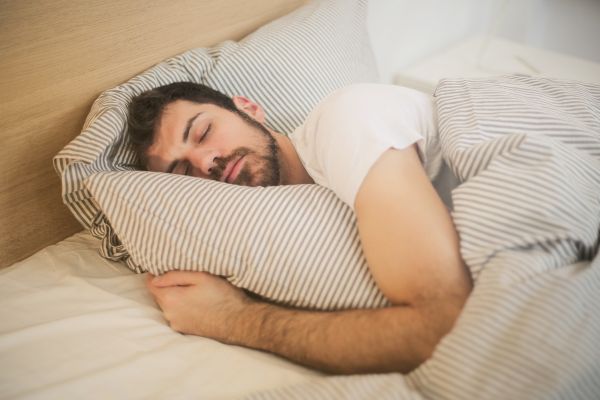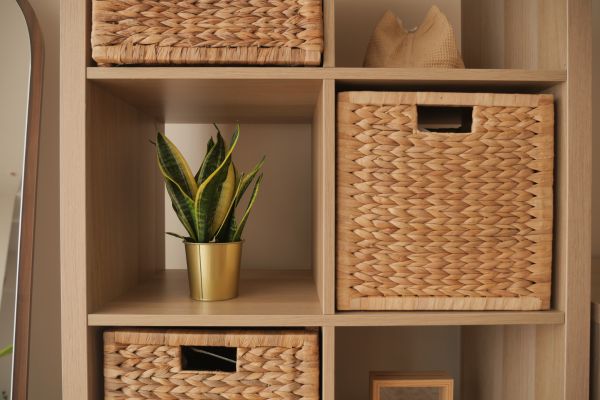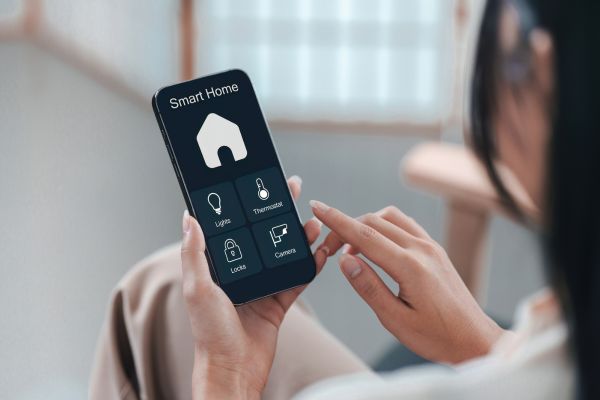Let’s be real—most of us know we should be sleeping better, but between late-night scrolling, endless to-do lists, and random thoughts that hit the second your head touches the pillow, getting high-quality sleep feels harder than ever. The thing is, better rest isn’t just about logging eight hours in bed. It’s about how you prepare your body and mind for sleep, and that’s where sleep hygiene habits for better rest come into play. Think of them as the behind-the-scenes rituals that set the stage for deep, refreshing sleep.
Why Sleep Hygiene Matters More Than You Think
Sleep isn’t just downtime. It’s when your body repairs, your brain organizes memories, and your mood resets. Poor sleep habits mess with everything—your energy, focus, even your immune system. Without good sleep hygiene, you might spend hours in bed and still wake up groggy. With the right habits, though, you can train your brain and body to know, okay, it’s time to shut down now. And that’s powerful.
Creating a Consistent Sleep Schedule
One of the simplest yet hardest things? Going to bed and waking up at the same time every day. Sounds boring, but your body loves routine. When you’re consistent, your internal clock (the circadian rhythm) syncs up. That means you fall asleep faster and wake up feeling more refreshed. If you’re always hitting snooze or staying up late on weekends, your body never knows what’s going on. Sticking to a schedule is a cornerstone of sleep hygiene habits for better rest.
The Role of Your Sleep Environment
Ever try sleeping in a room that’s too hot, too bright, or too noisy? Exactly. Your environment shapes your sleep more than you realize. A cool, dark, and quiet room is the gold standard. Blackout curtains, white noise machines, or even a simple fan can make a huge difference. And let’s talk about your bed—if your mattress feels like a rock or your pillow keeps flattening out, no amount of melatonin will fix it. Comfort counts.
Unplugging from Technology
We all know screens are the enemy of sleep, yet so many of us scroll until our eyes burn. The blue light from phones and laptops tells your brain it’s still daytime, delaying the release of melatonin, the hormone that helps you drift off. Part of mastering sleep hygiene habits for better rest is setting a tech cutoff time. Even 30 minutes before bed makes a difference. Replace the endless doomscroll with something calmer—reading, stretching, or just sitting quietly.
Evening Rituals That Actually Work
You don’t need a two-hour spa routine to get better sleep, but a little ritual signals to your brain that it’s time to wind down. Maybe it’s sipping herbal tea, journaling, or dimming the lights while you read. The key is consistency. Your brain loves patterns, and when you repeat a calming activity each night, you’re basically saying, Hey, it’s bedtime—let’s slow down.
The Connection Between Food, Drink, and Sleep
Here’s the deal: late-night pizza might hit the spot, but your stomach won’t thank you at 2 a.m. Heavy meals, spicy foods, and caffeine close to bedtime can disrupt sleep. Alcohol, while it makes you drowsy, often leads to restless tossing later in the night. On the flip side, a light snack—like a banana, a handful of almonds, or warm milk—can help. Nutrition is often overlooked, but it’s a big part of sleep hygiene habits for better rest.
Physical Activity and Its Timing
Exercise is fantastic for sleep, but timing is everything. A morning jog or an afternoon gym session helps regulate energy and stress levels, making it easier to fall asleep at night. But if you’re hitting the treadmill an hour before bed, your body might be too revved up. Aim to finish workouts at least a few hours before bedtime so your system has time to wind down.
Managing Stress Before Bed
Ever lie in bed replaying conversations from three days ago? Stress is one of the biggest sleep killers. The trick is learning to offload it before you hit the pillow. Mindfulness, meditation, or even jotting down tomorrow’s to-do list can stop your brain from running in circles. Remember, sleep hygiene habits for better rest aren’t just physical—they’re mental, too. A calm mind leads to calm sleep.
The Importance of Daytime Habits
Sleep hygiene isn’t only about what happens at night. What you do during the day matters, too. Exposure to natural light in the morning helps set your circadian rhythm. Limiting caffeine after lunch can keep you from being wired at night. Even short breaks away from your desk can lower stress levels, making it easier to relax later. Think of it like this: good sleep starts the moment you wake up.
Listening to Your Body
At the end of the day, no one knows your body like you do. Some people need a full eight hours, while others thrive on seven. Some do well with a bedtime yoga session, while others prefer reading. The best sleep hygiene habits for better rest are the ones that fit your lifestyle and feel sustainable. If something feels forced, you’re less likely to stick with it.
Wrapping It All Up
Better sleep isn’t about perfection; it’s about stacking small habits that add up. Create a routine, set the right environment, unplug when you need to, and listen to your body. Sure, there will be nights where nothing seems to work, but over time, these practices train your brain and body to relax on cue. Sleep isn’t a luxury—it’s fuel. And by practicing solid sleep hygiene habits for better rest, you’re giving yourself the gift of energy, focus, and balance every single day.



